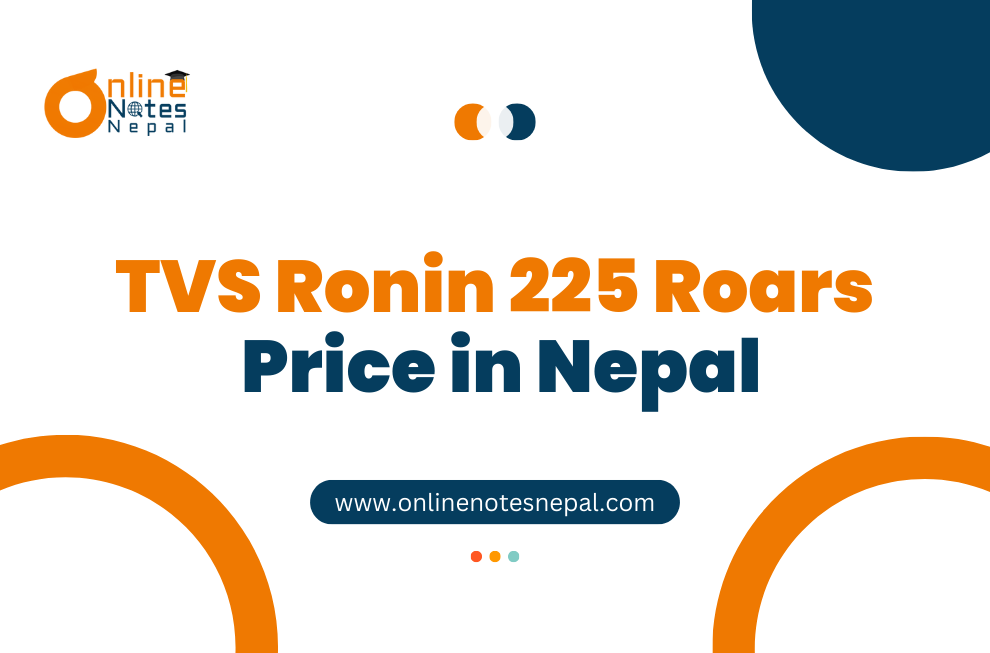Blogs


 in Nepal.png)
Bachelor of Public Health (BPH) in Nepal
Colleges ArticlesBachelor of Public Health (BPH) in Nepal
The Bachelor of Public Health (BPH) is an important undergraduate curriculum that prepares professionals to enhance community health. This course has grown in prominence in Nepal as the country seeks to improve its healthcare systems and public health measures. This article provides a thorough summary of the BPH program in Nepal, including eligibility, curriculum, expenses, job prospects, and more. The study normally lasts four years and integrates theoretical knowledge with practical skills. Its goal is to provide students with the essential capabilities to handle public health concerns, conduct research, and promote health education.
Course Objectives
- To give advanced knowledge and practical skills in primary health care to those who have completed certificate-level programs in medicine, nursing, health sciences, and other related fields.
- Develop measurement, planning, analysis, and evaluation abilities for use in public health sciences research and program management.
Eligibility
To be qualified for the BPH program in Nepal, students typically need to meet the following criteria:
- Completion of upper secondary education (10+2) or equivalent in Science, with Biology as a major subject.
- A minimum aggregate score of roughly 50% on the qualifying examination.
- Passing the admission exams set by the individual universities or colleges.
Fee Structure
The cost of studying BPH in Nepal varies according to the institution. The overall cost of the full course is between NPR 400,000 and NPR 800,000. This covers tuition, examination fees, and other additional costs.
Admission Criteria
- To pass the integrated admissions procedure, you must score at least 50 percentile.
- One mark will be awarded for each correct answer, while 0.25 points will be deducted for each incorrect response.
Candidates who have been successfully selected in the admission procedure must produce the original and 1/1 photocopy of the following documents to the relevant educational institution at the time of admission.
- Certificate of Qualification, Transcript, and Character Certificate for 10+2 and SLC/SEE or equivalent.
- Copy of Citizenship/Passport.
- Admit card for the entrance examination.
- Documents were submitted for reservation.
- Certificate of Equivalence for students holding certificates from international institutions.
Career and Scope
As previously stated, there has been a substantial shift in people's attitudes toward public health, resulting in increasing investments in this field by the government and non-governmental groups. This has resulted in potential work opportunities for those seeking a Bachelor of Public Health degree, both now and in the future. Graduates of the program can work as professors and lecturers in colleges and universities, sharing their knowledge and expertise with future public health professionals. They can also work in a variety of healthcare settings, including health clinics, hospitals, nursing homes, and schools.
Furthermore, several national and international non-governmental organizations (NGOs/INGOs) work on the subject of public health. Graduates can pursue careers in these organizations, working in a variety of roles such as management, counseling, supervision, coordination, specialization, and training.
The Bachelor of Public Health (BPH) program in Nepal provides essential training for addressing public health challenges. With a comprehensive curriculum, practical experience, and a focus on community health, graduates are well-prepared to make meaningful contributions to public health initiatives and improve healthcare outcomes across the country.

